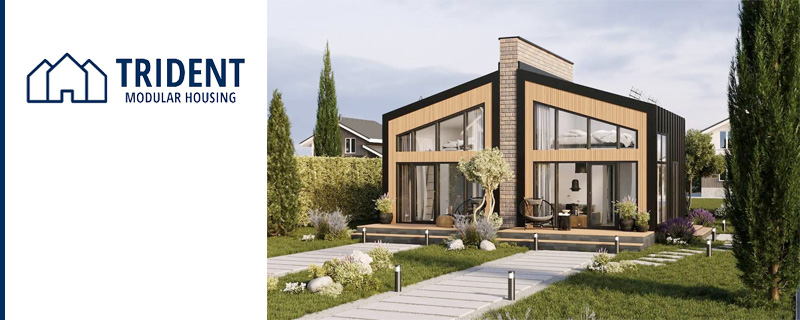Modular housing has the potential to be a significant part of the solution to the housing crisis for several reasons. Firstly, the energy efficiency of modular homes is a major advantage. Factory engineering in the construction of modular homes allows for high levels of sustainability, resulting in reduced energy consumption. The energy savings offered by modular homes can lead to significant cost reductions for homeowners, making them more affordable to live in. These energy-efficient homes not only benefit the occupants by lowering their energy bills but also contribute to overall environmental sustainability.
Additionally, the adoption of modular housing can enhance productivity and efficiency in the construction industry. Traditional builders have been slow to embrace new construction methods, and the housing industry has been resistant to modernization. However, modular homes offer the potential for increased productivity and streamlined construction processes. By adopting factory-built housing, the construction industry can address the flaws in the housing market and work towards meeting the ambitious targets set by the government for new home construction.
Modular buildings also have a lower carbon footprint compared to traditional builds. The reduced number of deliveries to the construction site leads to fewer emissions and less disturbance and pollution for nearby residents. The environmentally friendly aspects of modular construction, including its lower carbon footprint and reduced waste generation, can drive demand for this construction approach. As residents become more aware of the benefits, they are likely to advocate for modular construction in their neighborhoods, which can encourage local authorities to prioritize the use of modular methods in delivering new homes.
Furthermore, the efficiency of modular home construction is evident in the significant reduction in material waste compared to traditional builds. Research has shown that modular construction generates 90% less material waste, making it a more sustainable option. This reduced waste not only benefits the environment but also contributes to cost savings and more efficient resource utilization.
While there may be some initial challenges and higher construction costs associated with modular housing, such as the need for established builders to adopt these methods, the long-term benefits outweigh the initial investment. The potential to address the housing crisis, achieve energy efficiency, reduce carbon emissions, and minimize waste makes modular housing a promising solution for the future.
www.tridentmodular.com





Leave a Reply
Want to join the discussion?Feel free to contribute!